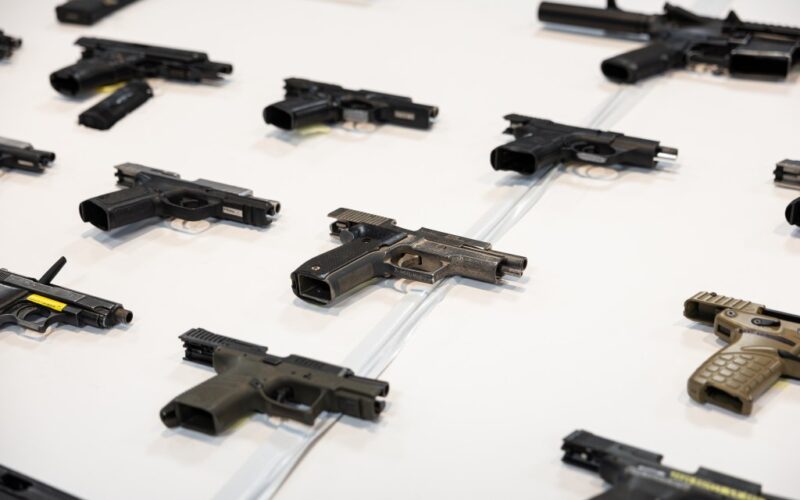The U.S. Supreme Court made the right call in upholding a federal government regulation against unregistered so-called “ghost guns,” firearms that are not fully assembled and do not bear the serial numbers that otherwise make them traceable. To do otherwise would have been to engage in what the justices often decry: substituting their own political value judgments for the will of Congress and the executive’s enforcement of that will.
Whatever Donald Trump and the DOGE team may have to say about it, regulation is a necessary facet of a modern society, especially one where a buyer anywhere can order gun kits on the internet and have them at their door within days, ready to be assembled with basic household tools, even by people with no prior expertise. We’re not talking about blocks of steel here; guns have been sold in complete kits that need only be put together.
Despite the gun lobby’s significant political power and deep pockets, they have been able only to weaken and not entirely roll back gun control to the Wild West scenario that they would prefer. Even sympathetic lawmakers and judges understand that this approach not only could be measured in bloodshed, but contravenes the wishes of the constitutional framers, who did not in fact create an absolute and unabridged right for anyone anywhere to purchase weapons of war.
New ways of producing or selling firearms should not and cannot be taken as a carve-out to the already-insufficient regulatory scheme that we have developed. A gun is still a gun, whether it comes from a kit or is ready-made.
The plaintiffs’ arguments that these disassembled firearms are not what they plainly are is ridiculous on its face. If you buy a lamp and have to screw in the base and add a lightbulb, you have still bought a lamp by any possible understanding of those words. Despite the court’s heavily conservative composition, the justices clearly saw through this farce, voting 7-2 in favor of the regulation; only perennial gun nuts Clarence Thomas and Sam Alito dissented.
The effects of this ghost gun marketplace are not only theoretical. Law enforcement is lucky that Luigi Mangione — accused of murdering the CEO of Unitedhealthcare in Midtown last year — was carrying the alleged murder weapon on him when he was arrested, because this ghost gun did not have a serial number and would not have been traceable had he done the smarter thing and dumped it somewhere. He’s far from the only alleged criminal to have realized the benefits of an unregistered arsenal.
It is good to know that there is in fact an upper bound to what the high court will allow the gun lobby to get away with after it struck down New York’s century old gun laws and axed an ban on bump stocks, under the incredibly strained reasoning that an accessory that makes a gun fire continuously while the user depresses its trigger does not actually make that weapon automatic.
We imagine that other challenges will work their way up as the gun fanatics keep trying to punch holes in efforts to enact even minimal restrictions on their behavior. Hopefully, this portends a court more willing to see the ridiculousness of their positions.








